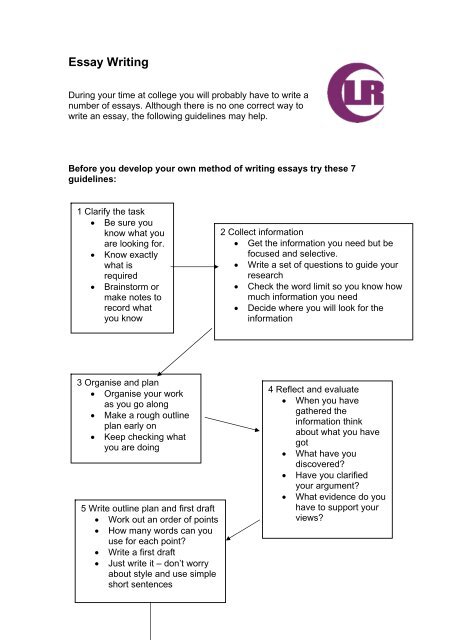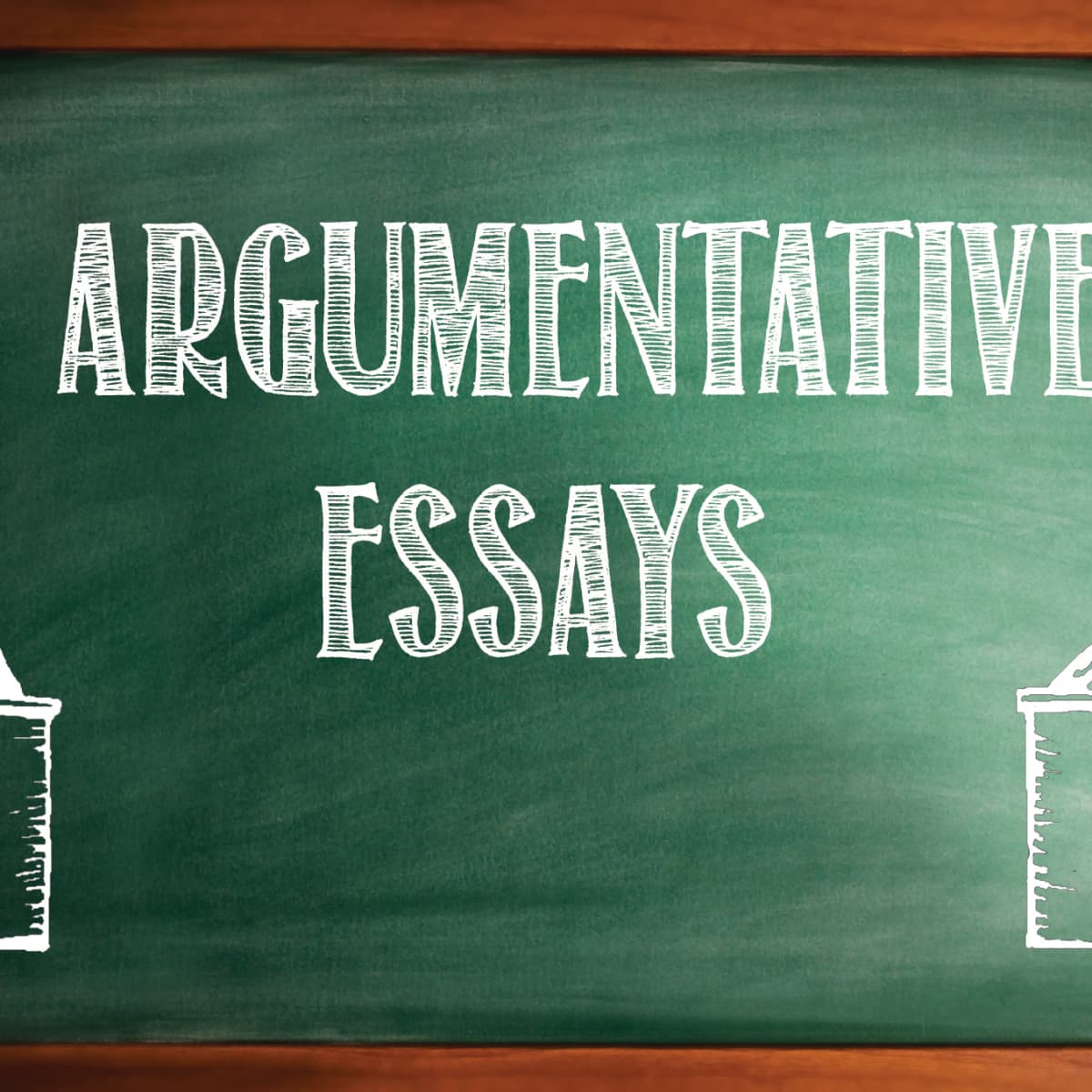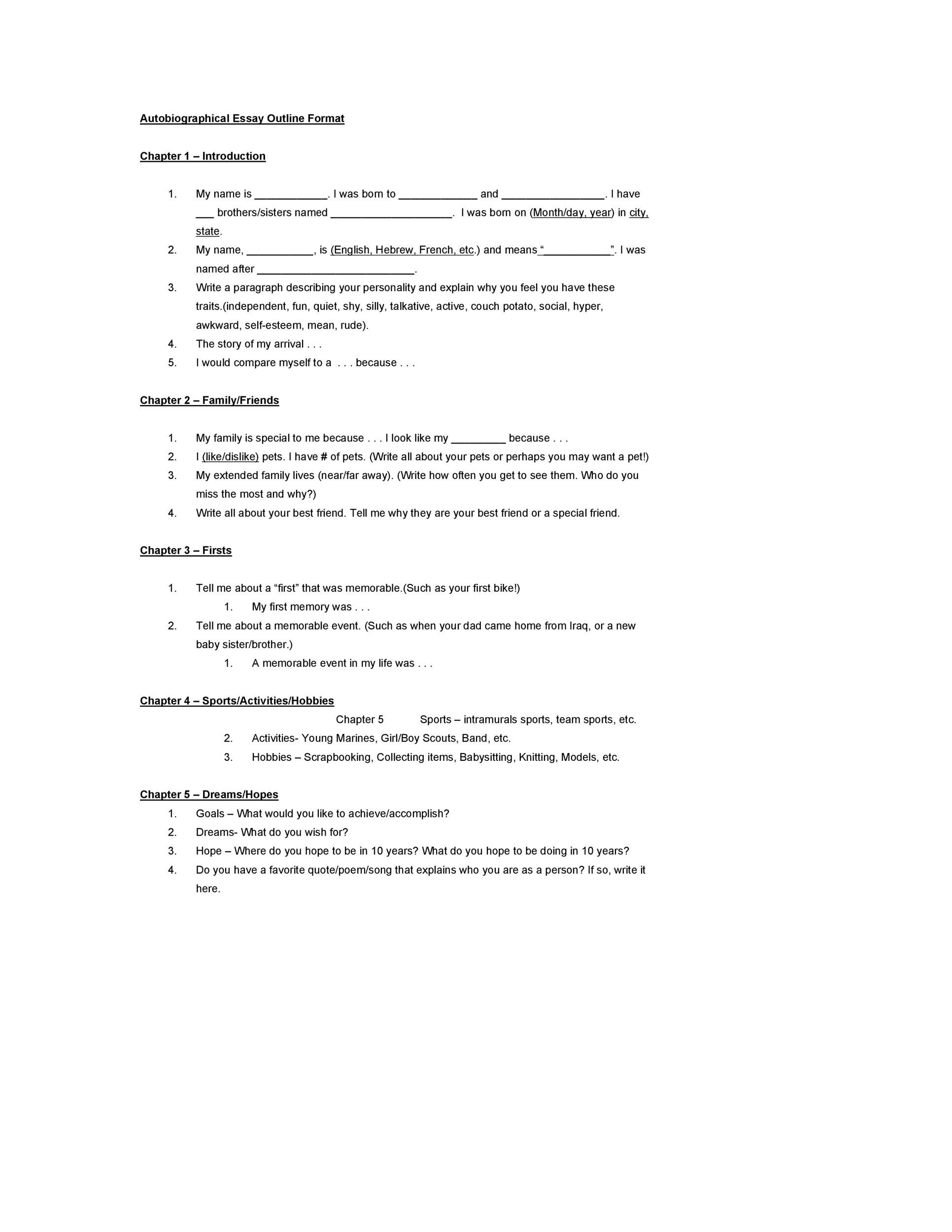How to Write a Narrative Essay
A narrative essay is a story-like piece of writing that tells the reader about an event. It is a personal experience and the writer must ensure that the story is interesting and includes the elements of a story. The story should have a theme or a strong connection with a person’s experience. Listed below are some of the most important aspects of a narrative essay. You should remember to include all of these elements when writing a narrative essay.
Creating believable characters
A key element of a narrative essay is creating a group of likable, believable characters. A believable group of people cannot be one dimensional or bland, and neither should the story. Characters should be rich in detail, yet relatable, which is something that you can do by using a character profile or interview. Here are three tips to help you create a compelling character profile:
Reread your favorite novel to understand the behavior of a character. Try rereading the story to see if you can apply the same approach to your own characters. In addition to developing a good list of characteristics, create a character journal to record the behavior of your characters. A balanced and detailed description will allow your readers to form vivid mental images of your characters. You can also use an outlining tool like Now Novel to create a story outline.
Setting up the plot
In order to create a successful narrative essay, it is vital to set up the plot first. This will help you keep your story interesting and help you avoid boring readers with an uninteresting climax. Listed below are some tips for setting up the plot in a narrative essay. Keep in mind that your plot should follow Freytag’s pyramid. This method has been used for centuries and is effective in creating a story that will make readers feel a sense of emotional satisfaction.
To set the plot in your narrative essay, you need to define it. In storytelling, a conflict is a moment of tension between a protagonist and an opposing force. It can be external or internal and can happen to a hero. In narrative essays, a character will often face more than one conflict at a time. Using a Freytag’s triangle will help you set the tone and plan the plot of your story.
Using all five senses
Using all five senses when writing narrates your story is a great way to give your readers a more complete picture of the situation. The senses have different impacts on readers, and you want to make use of each one to provide them with the most complete picture possible. If you haven’t read a book about five senses, you should pick one up and mark all sentences that mention each one. If you haven’t, I suggest that you read Blindness by Jose Saramago.
The best sensory-laden writing pulls your readers deeper into the scene. It can draw them into the characters’ lives, so make sure to include descriptions of sounds, smells, and tastes. This will help them feel the same emotions as the characters. In addition, using the five senses can help you to write more compelling narrative essays. For example, when writing a personal narrative essay, you can describe the feeling of a loved one through their physical appearance, such as their hands and feet.
Creating a strong theme
Themes are central to a narrative essay, and they are often the driving force behind the story. A strong theme in a narrative essay is a consistent theme throughout the entire piece. Themes are often found in literature, and the use of imagery, metaphors, and conflict are common tools to illustrate them. Your theme should be simple, but effective, and should make your reader understand the central idea of the piece.
If the main theme of your story is the passage of time, try to make that as clear as possible. For example, consider the seasons, fast and slow, old and young. These elements will add to the richness and emotional content of the story. Moreover, it will be easy for your readers to identify with the central character and understand how society’s faults affect her. If the theme is about a central character, you can explore these themes through the character’s personal experience.
Revising your essay
When revising your narrative essay, you should focus on higher order issues first. These include content, development, organization, grammar, mechanics, and word choice. In addition, make sure to provide supporting details and organize the story in chronological order. Remember that your audience may not have the same background knowledge as you do, so try to be as specific as possible. To make sure that your work is polished and engaging, you should read it out loud.
After writing the first draft, you should review it for unity. Look for a transition or rewording where necessary. Also, delete any sentences that are off topic. Many writers make their revisions on the printed version before transferring them to the screen version. If you make corrections or additions, make sure to note them with a caret. After revising, it’s time to compile the final draft.



